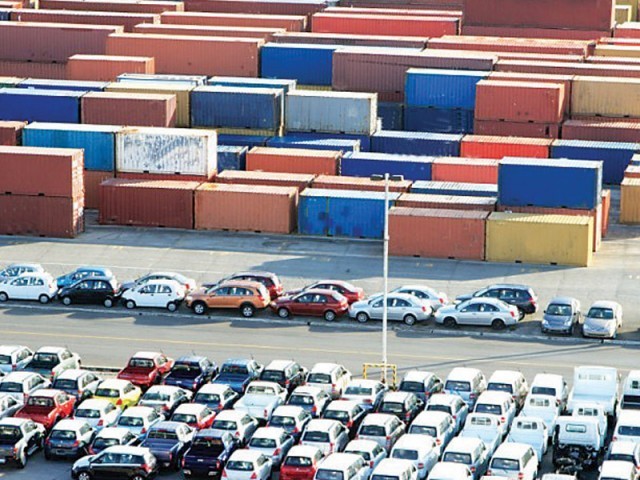
JAPANESE ambassador to Zimbabwe Yoshinobu Hiraishi has defended second-hand Japanese vehicles as safe and reliable, rejecting reports that they were to blame for the country’s increasing road carnage.
NQOBANI NDLOVU STAFF REPORTER
Hiraishi said Japan was proud of its vehicles, adding that they were a brand and that was why the vehicles were being exported across the world.
The government in 2010 threatened to ban the importation of all ex-Japanese vehicles blaming them for the high number of accidents, but later backtracked.
Police in November last year banned ex-Japanese vehicles such as Toyota Granvia, Noah, Elgrande and Ipsum from the public transport system blaming them for the high accident rate.
Former Environment and Natural Resources minister Francis Nhema once caused a stir when he proposed a ban on the importation of used vehicles in order to “save lives and protect the environment”.
However, Hiraishi told Southern Eye in an interview on Wednesday that there was no evidence that ex-Japanese vehicles were sorely to blame for the road carnage.
“I do not think that it is true because Japanese vehicles are a brand across the world.
- Chamisa under fire over US$120K donation
- Mavhunga puts DeMbare into Chibuku quarterfinals
- Pension funds bet on Cabora Bassa oilfields
- Councils defy govt fire tender directive
Keep Reading
“Are the vehicles to blame for accidents in other countries? If there is evidence that they are causing accidents then we can look into that and try to address the defects,” he said.
“The Japan vehicles are in demand across the world because they are reliable and safe.
“As a nation, we are very proud of the Japan vehicles,” he said on the sidelines of the official opening of Molo Primary School built using money donated by the Japanese embassy.
Used Japanese cars have become popular with Zimbabweans over the years as they are cheaper than those assembled locally.
Previous attempts by the government to raise import duty on second-hand vehicles have been met with a lot of resistance.
The influx of imported second-hand vehicles, mostly from Japan and the United Kingdom, has also eased unemployment as a significant number of unemployed people buy and sell vehicle parts and accessories, while others have learnt the art of mechanics and auto electronics.
The government has immensely benefited from import duty which grossed $250 million from 206 519 vehicles purchased between January and November 2013, according to the Zimbabwe National Statistics Agency.










